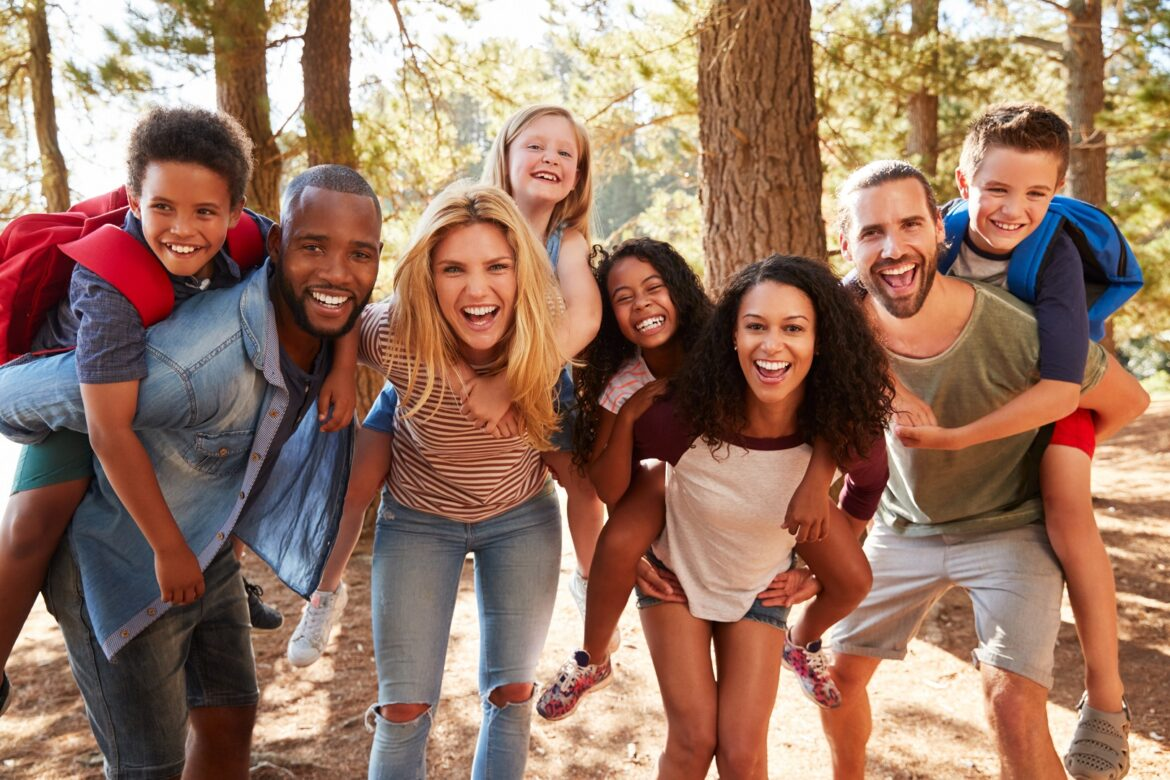
Have you ever noticed that your emotional state, lifestyle, and dreams seem to change according to the people you spend time with? It is not a coincidence – your social connections have an enormous impact on your well-being, delight, and development. The people around you can make you stronger or weaker without you even knowing it, most of the time, and that in a very small way.

Science confirms this. According to research at the University of Pennsylvania, people of all ages are always thinking about what others will say, and this will influence the degree to which they accept the ideas and behaviors. Peer or social influence is powerfully felt, especially at a time when the brain’s reward system is very sensitive to social situations. Dr. Emily Falk says that having a friend next to you can change the brain’s reward response and make risk-taking more common among teenagers. In other words, both good and bad habits can spread rapidly among social friends, which deeply affects the choice of the lifestyle, from sports to the use of drugs.

But teens aren’t the only ones being influenced. Adults are, too, by their closest friends. Inspirational speaker Jim Rohn once declared that we are the average of the five people we spend most of our time with. Through time, you pick up their energy, habits, and thought processes, like osmosis. If your closest circle is motivated and encouraging, you’re likely to reach higher and challenge yourself. If they are mired in mediocre behaviors, you may be easily drawn into similar habits.

The quality of your friendships matters far more than the quantity. Studies show that having more friends and spending time with them generally leads to greater happiness, but it’s the depth and stability of those relationships that truly make a difference. High-quality friendships provide understanding, support, and validation of your self-worth. They’re linked to better mental health and higher life satisfaction. Conversely, poor-quality friendships—characterized by conflict, criticism, or aggression—can bring you down, resulting in poor scholastic performance and conduct disorders in children, and emotional distress in adults.

At other times, friendships can exacerbate depression, particularly if co-rumination sets in. This is when friends excessively discuss negative experiences and emotions, which serves to intensify sadness instead of alleviating it. The trick is to keep the discussions balanced, discussing both highs and lows, and to encourage healthy activities.

Trafficking through toxic relationships is essential for your health. It’s okay to disengage from those who suck your energy, lower your self-esteem, or obstruct your journey. Establishing boundaries is not about punishment—it’s about safeguarding your mental and emotional well-being. As another great mentor said, people are either contributing to your life or subtracting from it; it’s your choice who gets a seat at your table.

Creating a strong, diverse inner circle is one of the greatest investments you can make in yourself. Surround yourself with people who are different from you and see things differently. Get involved in networking groups, professional associations, or masterminds where you can learn from others and also assist those a few steps behind you. Don’t hesitate to enter rooms where you’re not the brightest bulb—growth occurs when you are challenged and inspired by others.

Emotional intelligence is a major key to developing and sustaining strong, healthy relationships. It’s not necessarily about being intelligent; it’s about knowing, regulating, and expressing your emotions so that you build trust and intimacy. With high EQ, you’re able to communicate well, understand other people, and resolve conflicts well. Emotional intelligence is something that can be learned and developed at any point in your life, and it’s something you need to form solid, supportive connections.

So, how do you foster those connections? Begin by reviewing your bubble. Are the individuals nearest to you sharing your values and objectives? Do they make you better, or do they slow you down? Spend time around people who motivate and stimulate you. Establish firm boundaries around those who drain. And don’t forget, what you send out into the world comes back in the same form—your vibe does get your tribe.

Be with positivity, diversity, and ambition, and see how your mind, habits, and opportunities grow. Your inner circle is not just a mirror of who you are—it’s a force that directs who you become.
